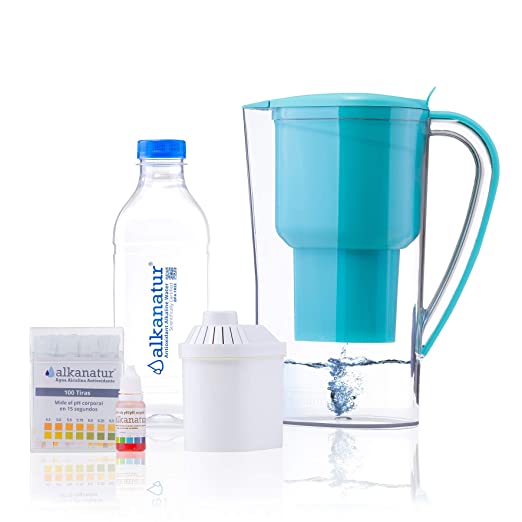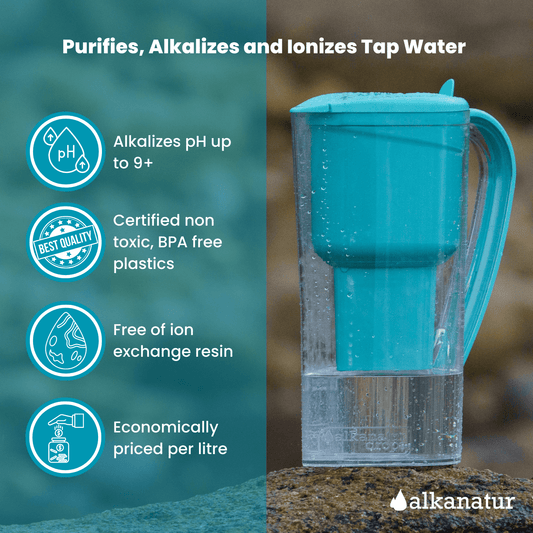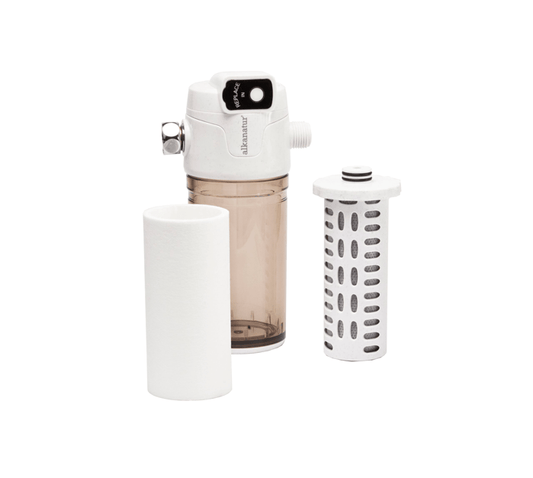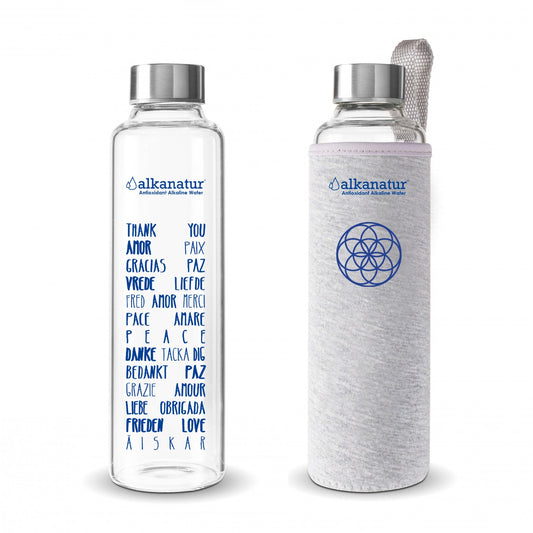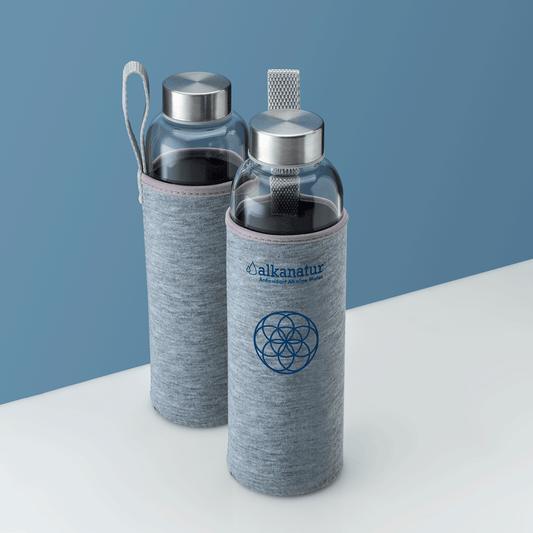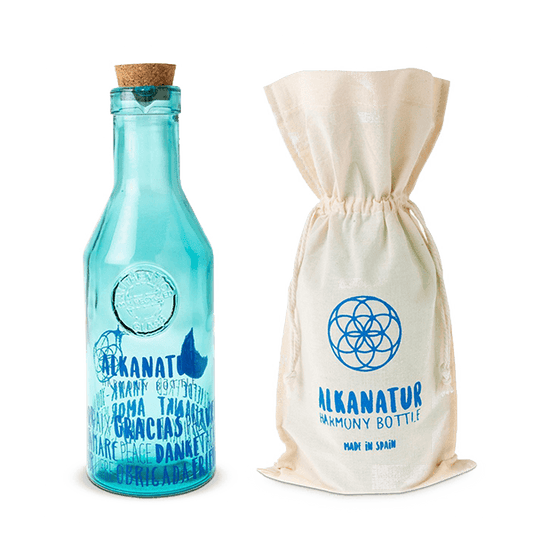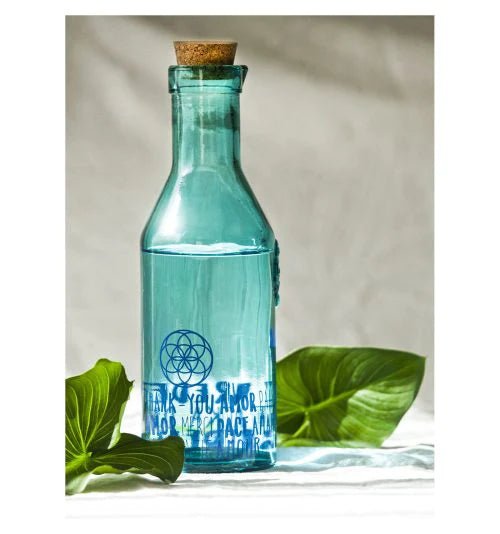Dangers of bottled water.
We are all aware that drinking enough water is a human need. Every day we drink water from different sources, tap water, bottled water, filtered water, etc. Nobody doubts that water is fundamental for life but, have you ever thought, what quality does the water we consume really have?
Recent studies reveal that bottled water is the most consumed daily. The profitability of their packaging and easy distribution make it the most compliant. However, bottled water can have serious consequences
In the first place, several studies have shown that the majority of plastic containers contain microplastics that we could be taking daily. According to a study by the Australian Catholic University, also reusing plastic containers to drink water repeatedly can cause various chemicals to be released by the fissures that are generated with its continued use.
Here we mention 5 reasons why we do not recommend drinking water in plastic bottles.

1- According to a study published in the journal PLoS ONE, various types of plastics contain endocrine disrupting chemicals. This is related to an increased risk of developing breast, ovary, uterus, thyroid and prostate cancer.
2- A study published in Consumer magazine shows the presence of phthalate residues in PET bottles, one of the most used plastics in the bottled water industry. Phthalates adversely affect health when they are found from certain amounts, since, among other things, they can act as endocrine disruptors, causing an estrogenic effect, that is, behaving like female hormones.
3- The freezing of plastic bottles can release cancer-causing dioxins in the water, according to an investigation by the Johns Hopkins Bloomberg School of Public Health.
4- When we open a bottle of water, its interior can be contaminated with different types of microorganisms such as bacteria and fungi. These can come from different sources, such as our mouth (if we drink directly through the plastic container) or the environment.
5- Leaving bottles of water exposed to sunlight or high temperatures can generate a higher concentration of antimony. This is a chemical used as a catalyst to make PET bottles, which, in high amounts, can be toxic and has been linked to an increase in cardiovascular risk, as well as being considered a carcinogen.
Conclusion:
In addition to the above risks, according to The Official Journal of the American Society for Reproductive Medicine, another of the chemical compounds, Bisphenol A (BPA) from plastic bottles has been linked to reproductive abnormalities, such as increased involvement in the semen, besides being an agent for the development of diabetes and obesity.
In Alkanatur we care about the quality of water you drink, that is why our products have studies that certify them free of endocrine disruptors, BAP, phthalates and others that you can see in this link: https://alkanatur.co/quality-certificates/


